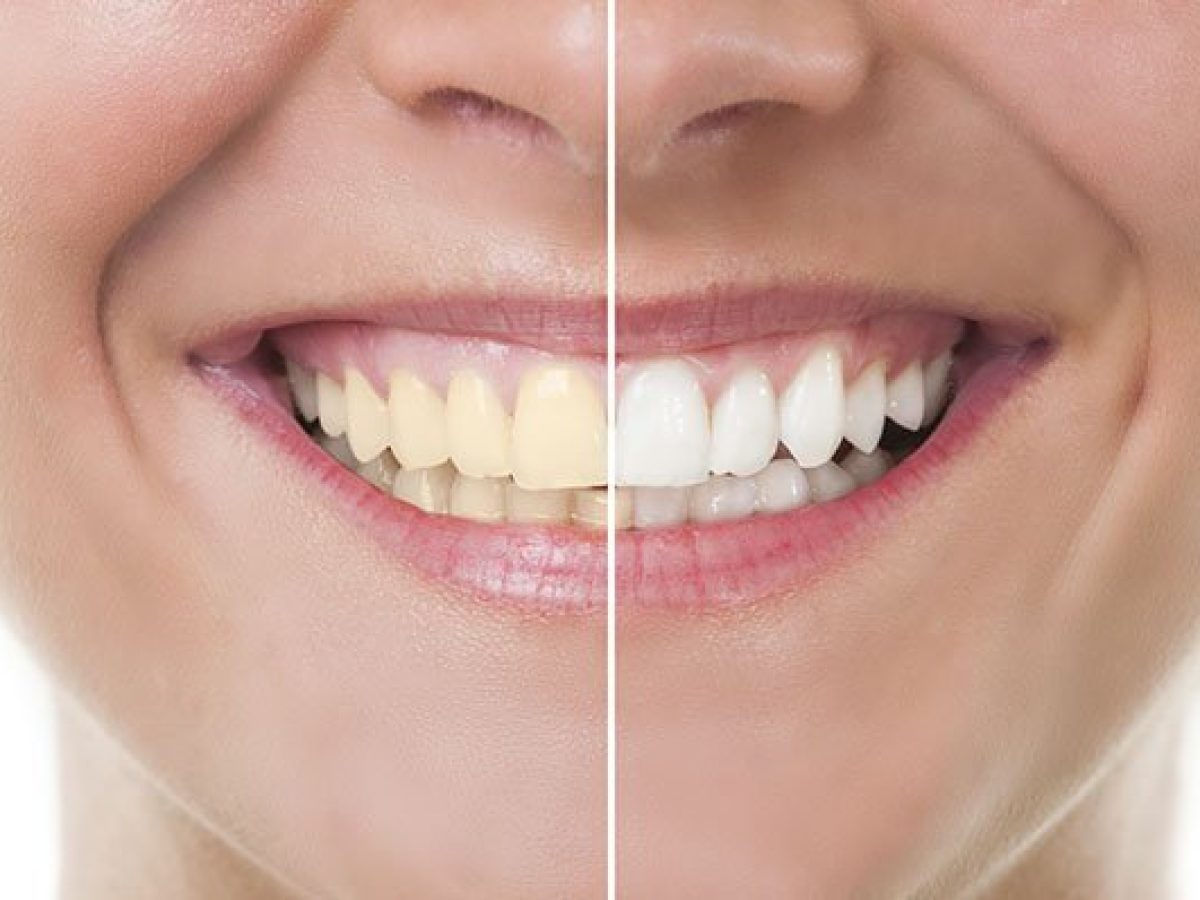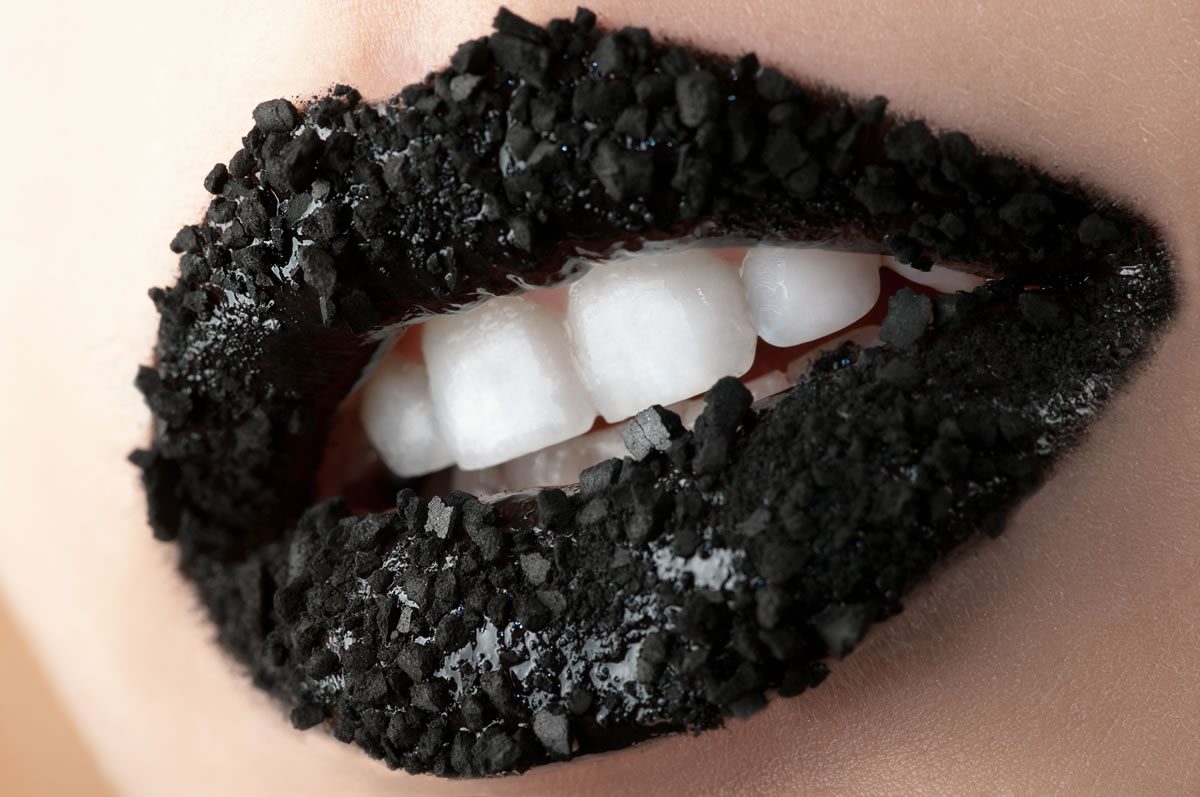7 Effective Natural Remedies to Get Rid of Yellow Teeth
Your teeth color may gradually and subtly change over time. Some yellow may be unavoidable.
Particularly as you get older, teeth can appear more yellow or darken. The yellowish dentin beneath the surface enamel becomes more apparent as it ages. The second layer of calcified tissue under the outer enamel layer is called dentin.
Read on to learn your options for whitening your teeth and how to do it safely.
Effective Natural Remedies to Get Rid of Yellow Teeth
It may be best to choose a few treatments and rotate them throughout the week. Some of the suggestions below do not have research to support them but have been proven to be effective by anecdotal reports.
Experiment to find a solution that works for you.
Your first plan of action should be to brush your teeth more often and in the correct manner. It’s especially important that you brush after consuming foods and drinks that can lead to yellow teeth.
However, be careful with brushing immediately after consuming acidic foods and drinks. Brushing right away can make the acids brush away more enamel and lead to erosion.
Brush your teeth at least twice a day for 2 minutes at a time. Make sure you get into all of the cracks and crevices. Brush your teeth gently in a circular motion to ensure you’re protecting your gums. Brush the inside, outside, and chewing surfaces of your teeth.
Brushing with a whitening toothpaste has also been scientifically shown to whiten your smile, according to a 2018 study. These whitening toothpastes contain mild abrasives that scrub the teeth to remove the surface stain but are gentle enough to be safe.
Using an electric toothbrush may also be more effective in removing surface stains.
2. Baking soda and hydrogen peroxide
Using a paste made of baking soda and hydrogen peroxide is said to remove plaque buildup and bacteria to get rid of stains.
Mix 1 tablespoon of baking soda with 2 tablespoons of hydrogen peroxide to make a paste. Rinse your mouth thoroughly with water after brushing with this paste. You can also use the same ratio of ingredients to make mouthwash. Or, you can try baking soda with water.
A 2012 study found that people who used toothpaste containing baking soda and peroxide got rid of tooth stains and whitened their teeth. They showed significant improvements after 6 weeks.
A 2017 review of the research on kinds of toothpaste with baking soda also concluded that they’re effective and safe for removing tooth stains and whitening teeth, and can be used daily.
3. Coconut oil pulling
Coconut oil pulling is said to remove plaque and bacteria from the mouth, which helps to whiten teeth. Always shop for a high-quality, organic oil, which you can purchase online, that doesn’t contain harmful ingredients.
Swish 1 to 2 teaspoons of liquid coconut oil in your mouth for 10 to 30 minutes. Don’t let the oil touch the back of your throat. Don’t swallow the oil as it contains toxins and bacteria from your mouth.
Spit it into the toilet or a wastepaper basket, as it could clog drains. Rinse your mouth with water and then drink a full glass of water. Then brush your teeth.
There are no specific studies that confirm the teeth-whitening effect of oil pulling.
However, a 2015 study found that oil pulling using sesame oil and sunflower oil reduced gingivitis caused by plaque. Oil pulling could have a whitening effect on teeth, as plaque buildup can cause teeth to turn yellow.
Further studies on the effect of oil pulling with coconut oil are needed.
4. Apple cider vinegar
Apple cider vinegar can be used in very small amounts to whiten teeth.
Make a mouthwash by mixing 2 teaspoons of apple cider vinegar with 6 ounces of water. Swish the solution for 30 seconds. Then rinse with water and brush your teeth.
Research published in 2014 found that apple vinegar has a bleaching effect on cow teeth.
However, it should be noted that it has the potential to cause damage to the hardness and surface structure of teeth. So, use it cautiously, and only use it for short amounts of time. More human studies are needed to expand upon these findings.
Some people claim that rubbing lemon, orange, or banana peels on your teeth will make them whiter. It’s believed that the compound d-limonene and/or citric acid, which is found in some citrus fruit peels, will help to whiten your teeth.
Gently rub the fruit peels on your teeth for about 2 minutes. Make sure to thoroughly rinse out your mouth and brush your teeth afterward.
Scientific research proving the effectiveness of using fruit peels to make teeth whiter is lacking.
A 2010 study looked at the effect of a toothpaste containing 5 percent d-limonene in removing teeth stains resulting from smoking and tea.
People who brushed with a toothpaste containing d-limonene combined with a whitening formula twice daily for 4 weeks significantly reduced smoking stains, though it didn’t remove long-standing smoking stains or tea stains.
Further studies are needed to determine if d-limonene is effective on its own. A 2015 study reported that DIY whitening with strawberries or using citric acid was not effective.
A 2017 study tested the potential of citric acid extracts from four different types of orange peel as a teeth whitener. They were shown to have varying abilities for whitening teeth, with tangerine peel extract achieving the best results.
Be careful when using this strategy because fruit’s acidic. The acid can erode and wear away your enamel. If you notice that your teeth are becoming more sensitive, please stop using this method.
6. Activated charcoal
You can use activated charcoal to remove stains from your teeth. It’s believed that charcoal can remove pigments and stains from your teeth because it’s highly absorbent. It’s said to also get rid of bacteria and toxins in the mouth.
There are kinds of toothpaste that contain activated charcoal and claim to whiten teeth.
You can purchase activated charcoal for teeth whitening online.
Open a capsule of activated charcoal and put the contents on your toothbrush. Gently brush your teeth using small circles for 2 minutes. Be especially careful in the area around your gums as it can be abrasive. Then spit it out. Don’t brush too aggressively.
If your teeth are sensitive or you want to limit the abrasiveness of the charcoal, you can dab it on your teeth. Leave it on for 2 minutes.
You can also mix activated charcoal with a small amount of water to make a mouthwash. Swish this solution for 2 minutes and then spit it out. Rinse your mouth thoroughly with water after using activated charcoal.
More scientific evidence is required to investigate the effectiveness of activated charcoal for teeth whitening. One paper published in 2019 found that charcoal toothpaste can whiten teeth within 4 weeks of use, but it wasn’t as effective as other whitening toothpastes.
Research has found that activated charcoal can be abrasive on teeth and tooth-colored restorations, leading to loss of tooth structure. This abrasiveness may make your teeth look more yellow.
If you wear away too much enamel, more of the yellowy dentin underneath will become exposed. Be cautious when using charcoal and charcoal-based dentifrices, especially because of the lack of evidence to prove their effectiveness and safety.
7. Eating fruits and vegetables with a higher water content
It’s said that eating raw fruits and vegetables with a high-water content can help to keep your teeth healthy. The water content is thought to cleanse your teeth and gums of plaque and bacteria that lead to yellow teeth.
Chewing on crunchy fruits and vegetables at the end of a meal may increase saliva production. This can help to remove food particles that are stuck in your teeth and wash away any harmful acids.
While there’s no doubt that a diet high in fruits and vegetables is good for your dental and overall health, there’s not a lot of scientific evidence that supports these claims. That said, eating these healthy foods throughout the day certainly won’t do any harm.
A review published in 2019 found that vitamin C deficiency can increase the severity of periodontitis.
While the study didn’t look at the whitening effect of vitamin C on teeth, it links high-plasma vitamin C levels to healthy teeth. The research suggests that high levels of vitamin C can reduce the amount of plaque that causes teeth to become yellow.
A 2012 study found that a toothpaste containing papain and bromelain extract showed significant stain removal. Papain is an enzyme found in papaya. Bromelain is an enzyme present in pineapple.
Further studies are warranted to expand upon these findings.
What causes yellow teeth?
There are many factors that can cause teeth to turn yellow.
Teeth can become yellow from:
- certain foods or drinks, such as blueberries, red wine, coffee, or tea
- a diet high in sugar and simple carbohydrates
- smoking or chewing tobacco
- side effects of certain medications and mouthwashes
- age, as older adults are more likely to have yellow teeth
- genetics
- mouth trauma
- excessive fluoride consumption
- poor dental care and oral hygiene
- chronic dry mouth or lack of saliva
Conclusion
You have a lot of options for teeth whitening at home.
Be cautious, though, as doing so could harm your gums or enamel, causing sensitivity and cavities. Preventing stains before they start, maintaining proper oral hygiene, and getting regular dental exams are the best ways to whiten your teeth.
If you've tried these approaches without success, your dentist might be able to advise you as to whether a different approach to treatment could be a better choice.
SOURCE: HEALTHLINE












